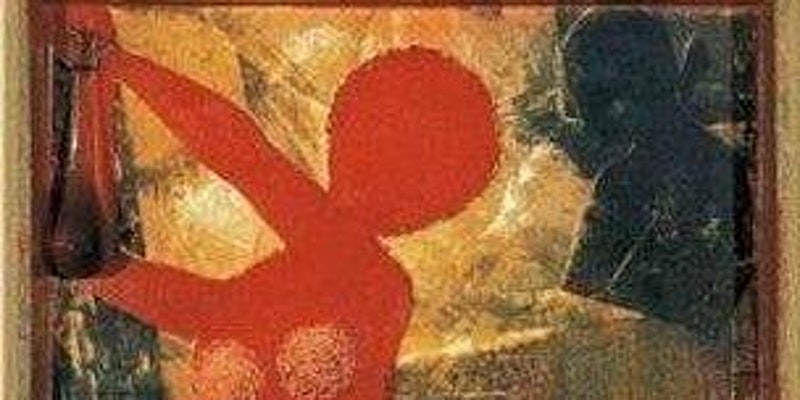
Join us for our latest work in progress session with Dr. Rebecca Macklin, postdoctoral fellow at the University of Pennsylvania
Dec 4th 2020 from 4pm
For zoom link and pre-circulated paper contact us at indigenousstudies@kent.ac.uk
Though not exclusively a colonial tool, the archive occupies a critical role in the establishment and reinscription of the histories, temporalities and epistemologies that are integral to settler colonialism. The archive is simultaneously a physical and metaphorical site that is essential to reproducing the primary fictions of the colonial process. If we understand the Western archive to be underpinned by colonial logic, then, what might a decolonial archival approach look like? And what bearing do these questions have on the study of literature?
In this chapter, drawn from my forthcoming monograph, I examine literary engagements with the archive to think through its role in reproducing nationalist and colonial forms of authority, as well as to consider the possibility of the archive as a site of disruption. Focusing on The Plague of Doves (2008) by Ojibwe author Louise Erdrich and David’s Story by Zoë Wicomb (2000), I examine how two prominent Native American and South African writers engage formally and thematically with the image of the archive. Both novels center around the legacies of historic acts of colonial violence against Indigenous peoples that have been either erased from, or obfuscated within, formal archives. Through an engagement with Judith Butler’s notion of the ‘unspeakable’ and Dene scholar Glenn Coulthard’s work on the politics of recognition, I question whether literary strategies such as those employed by Erdrich and Wicomb can ever work to recover these histories, or otherwise make unspeakable suffering speakable. By engaging with each text’s engagement with the oral tradition, as well as those imprints of settler colonial violence that have been left upon the landscape and the body, I identify ‘alternative archives’ that disrupt the colonial logic of the Western archive. In light of this, I argue that a decolonial archival approach is not merely about recovering counterhistories that have been rendered unspeakable in the public sphere, but also about unsettling the epistemologies and systems of value that the archive produces.